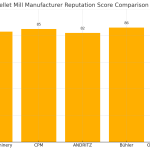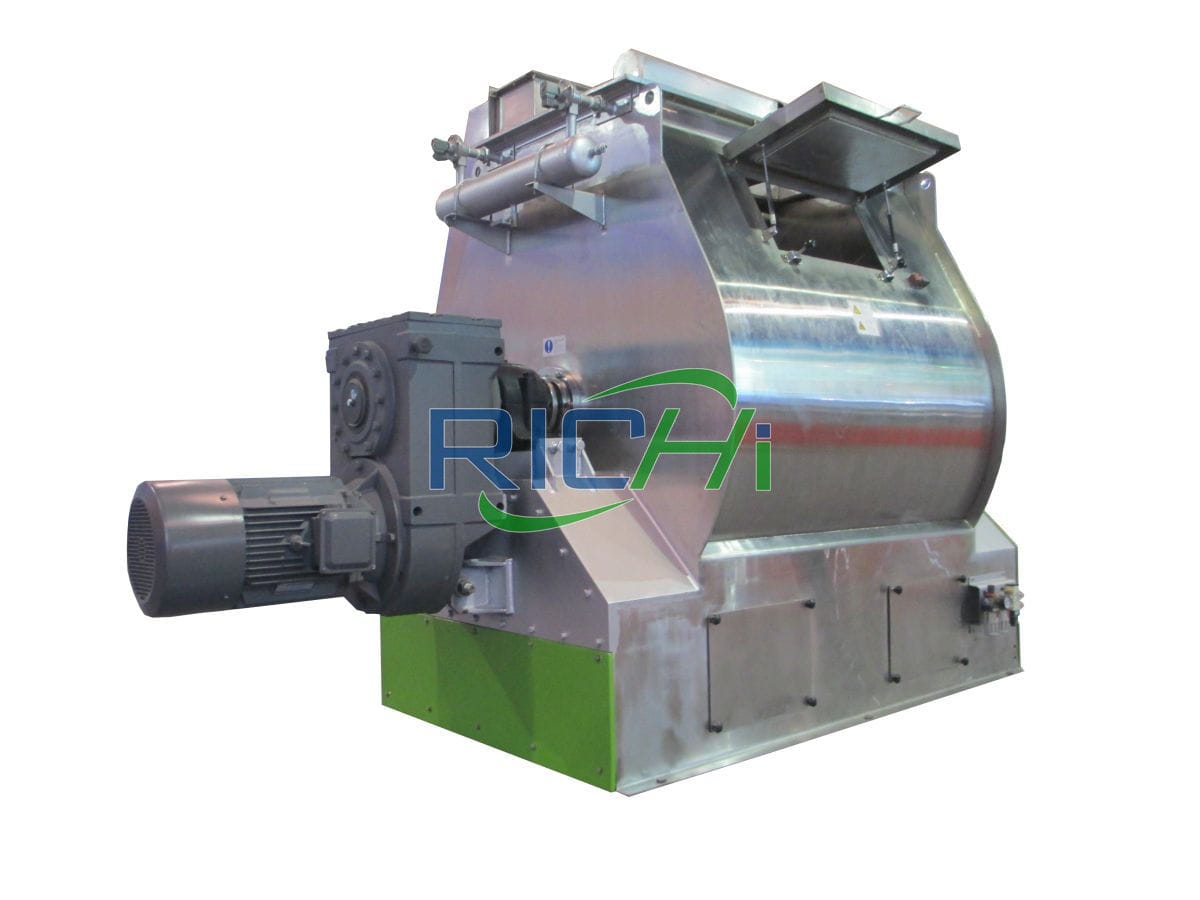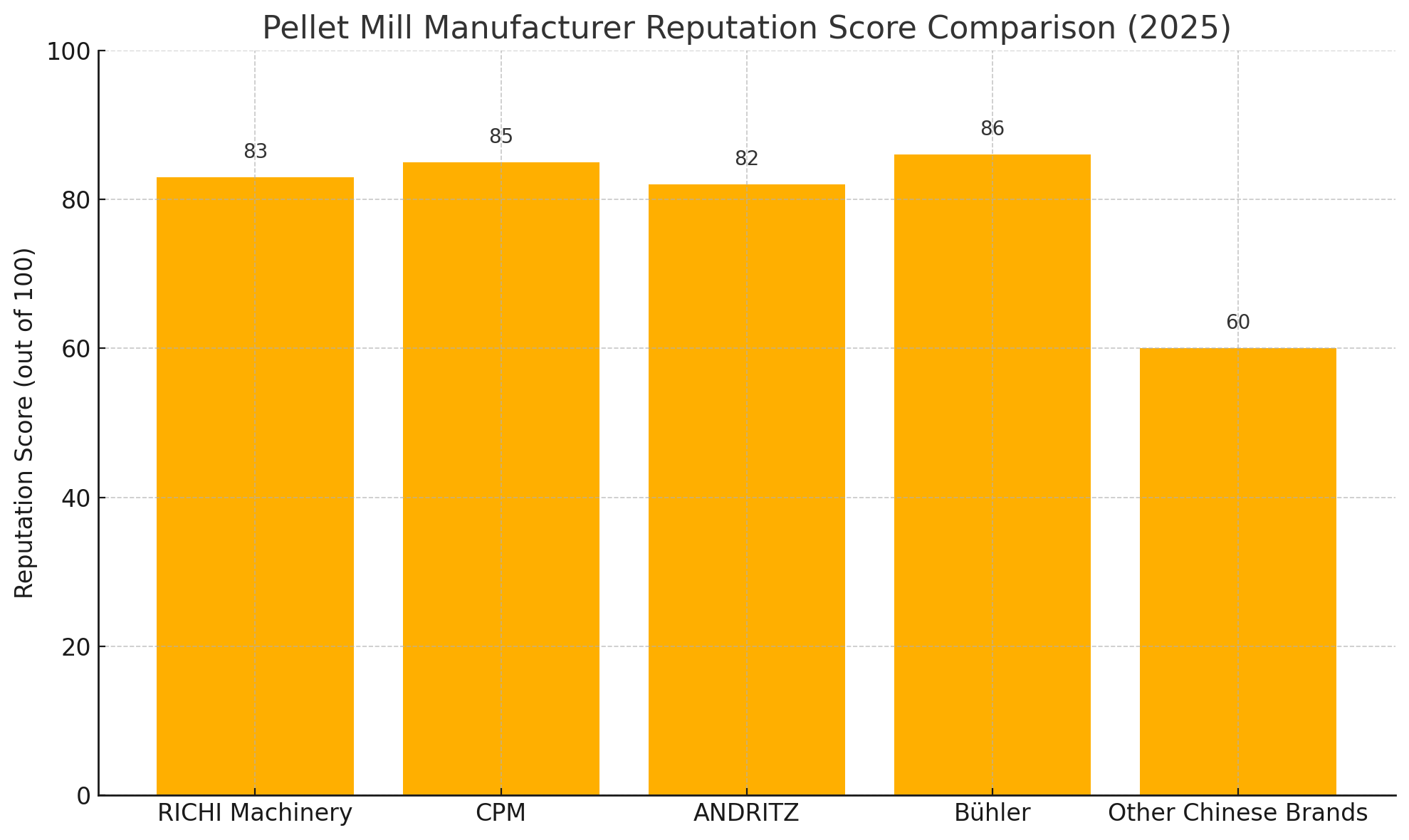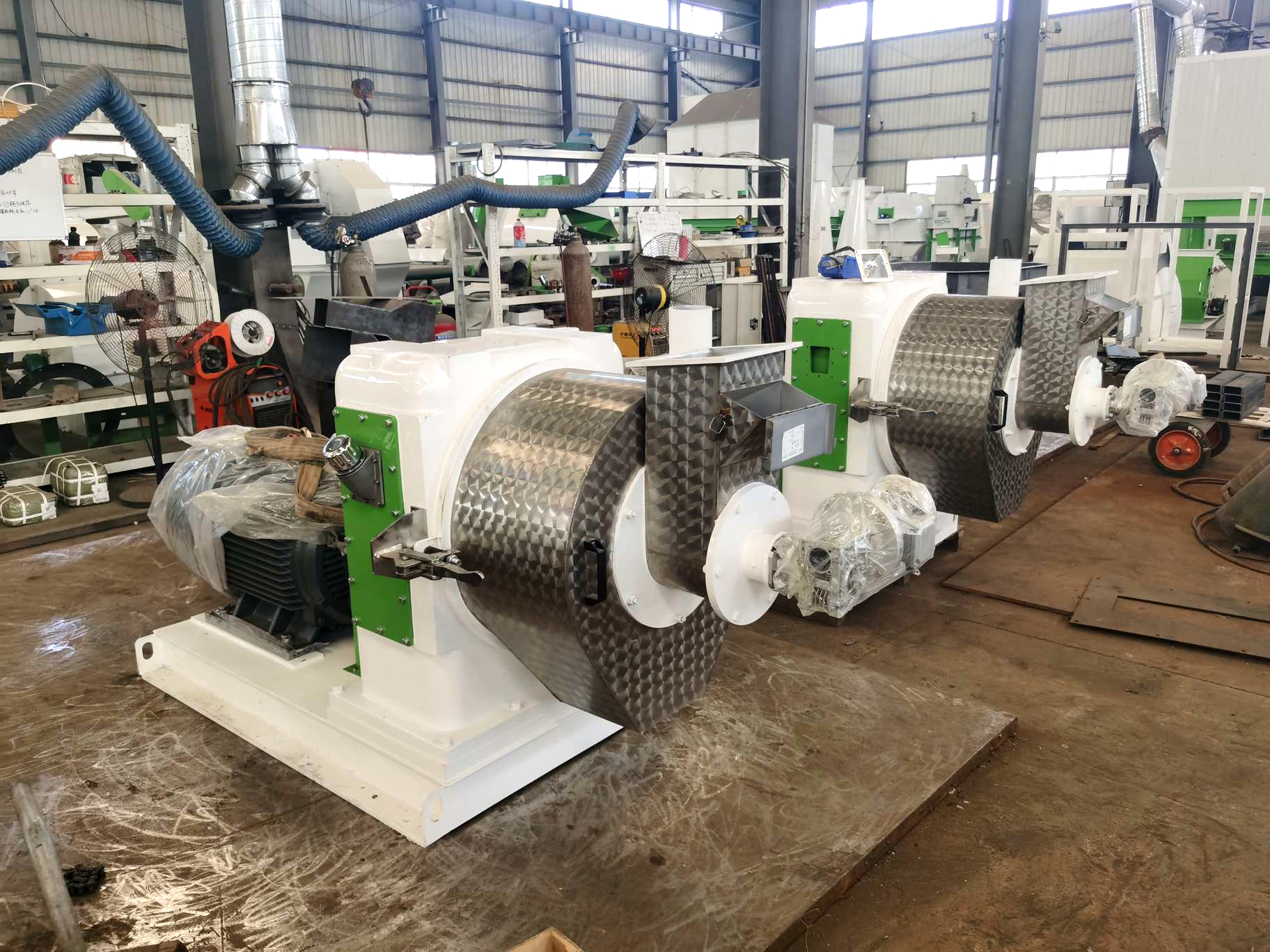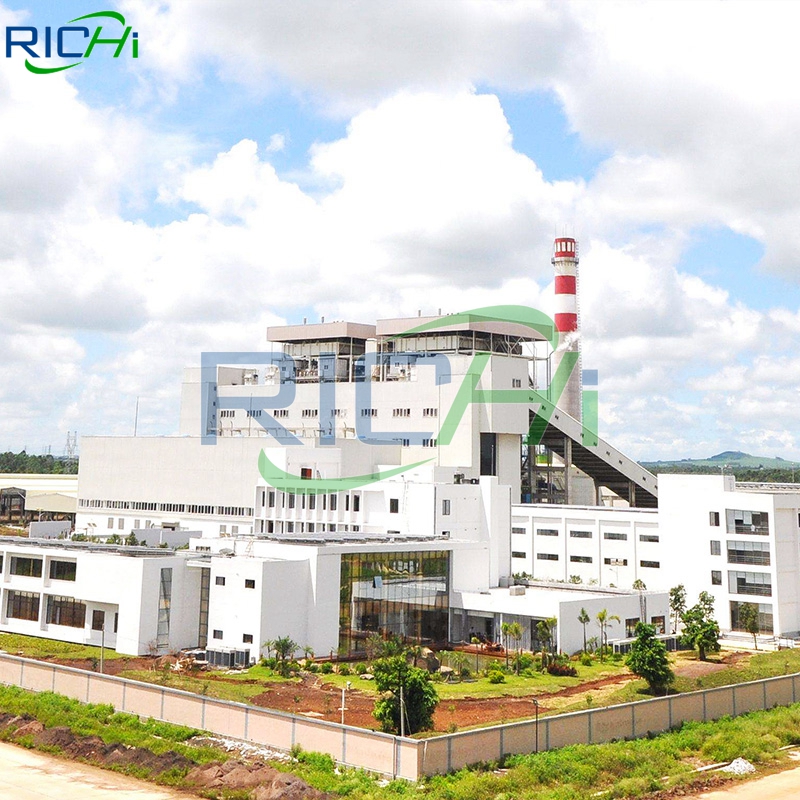In today’s dynamic manufacturing landscape, the efficiency and consistency of production processes are pivotal to success across diverse industries. Premix mixer machines are specialized equipment designed to blend raw materials with precision and uniformity, essential for ensuring consistent product quality and optimizing production workflows. Let’s explore the significance of premixing in manufacturing, the role of premix mixer machines, their key components, factors influencing their success, and future opportunities in the industry.
The Importance of Premixing in Manufacturing
Premixing involves the meticulous blending of raw materials before they enter the primary manufacturing phase. This process is critical for several reasons:
- Consistent Product Quality: By uniformly distributing ingredients, premixing minimizes batch-to-batch variations, ensuring every product meets stringent quality standards.
- Improved Process Efficiency: Thorough blending in the premixing stage enhances downstream processing efficiency, reducing risks such as clumping, segregation, or incomplete mixing.
- Enhanced Product Performance: Industries like pharmaceuticals, food additives, and construction materials rely on precise ingredient ratios and homogeneous mixing to achieve desired product characteristics.
- Regulatory Compliance: Industries subject to strict regulations, such as food and pharmaceuticals, use premixing to comply with ingredient specifications and traceability requirements.
- Cost Optimization: Efficient premixing reduces waste, lowers rework rates, optimizes raw material usage, and enhances profitability by improving overall production efficiency.
The Role of Premix Mixer Machines
Premix mixer machines are engineered to facilitate accurate blending of raw materials, offering numerous advantages:
- Consistent Mixing Quality: Utilizing mechanisms like ribbon blenders, paddle mixers, or high-shear mixers, these machines ensure thorough and homogeneous mixing.
- Scalability and Versatility: Available in various sizes and configurations, premix mixer machines accommodate different batch sizes and handle diverse raw materials—from powders and granules to liquids and pastes.
- Automation and Process Control: Advanced models feature precise automation and control systems, enabling real-time adjustment of mixing parameters such as speed, time, and temperature to ensure consistent and repeatable results.
- Containment and Safety: Specialized features like sealed mixing chambers and dust collection systems prevent cross-contamination and ensure operator safety, particularly when handling hazardous materials.
- Ease of Cleaning and Maintenance: Designed with quick-release components and efficient cleaning systems (like clean-in-place systems), these machines minimize downtime and comply with hygiene standards, enhancing operational efficiency.
Related post:premix feed mill
Key Components of Premix Mixer Machines
Successful operation of premix mixer machines hinges on integrating essential components:
- Mixing Chamber: The central unit where raw materials are blended, available in various shapes and sizes to accommodate different mixing mechanisms.
- Mixing Mechanism: Includes agitators, impellers, or blades that facilitate thorough dispersion and blending of raw materials within the mixing chamber.
- Feeding and Discharge Systems: Ensure accurate dosing of raw materials into the mixer and efficient discharge of the premixed product.
- Heating and Cooling Systems: Maintain optimal temperature conditions during mixing to preserve product integrity and ensure consistent quality.
- Control and Monitoring Systems: Incorporate PLCs, HMIs, and sensors for precise control over mixing parameters, process monitoring, and batch traceability.
- Containment and Safety Features: Sealed chambers, containment systems, and safety interlocks protect operators and prevent environmental contamination.
- Cleaning and Maintenance Systems: Efficient systems like CIP or automated cleaning procedures reduce downtime and ensure compliance with hygiene standards.
Factors Influencing Premix Mixer Machine Success
Several critical factors determine the effectiveness and efficiency of premix mixer machines:
- Raw Material Characteristics: Particle size, density, flowability, and chemical compatibility influence the choice of mixing mechanism and operational parameters.
- Batch Size and Throughput Requirements: Machine capacity must align with production needs to ensure efficient and cost-effective operation.
- Mixing Efficiency and Homogeneity: The ability to achieve thorough and uniform mixing directly impacts product quality and performance.
- Containment and Safety Considerations: Industries handling hazardous or sensitive materials prioritize containment and safety features to meet regulatory standards.
- Automation and Process Control: Advanced automation enhances precision, consistency, and reliability in mixing operations.
- Cleaning and Maintenance Efficiency: Effective cleaning procedures and maintenance protocols minimize downtime and support continuous production.
Opportunities and Future Outlook
The future of premix mixer machines is promising, driven by:
- Industry 4.0 Integration: Adoption of IoT, AI, and big data analytics will lead to smart premix mixer machines with enhanced monitoring, predictive maintenance, and optimized mixing strategies.
- Sustainable Practices: Emphasis on renewable energy, waste reduction, and eco-friendly materials will shape the development of sustainable premixing solutions.
- Customization and Flexibility: Increasing demand for tailored products will drive innovation in premix mixer machines capable of handling diverse materials and mixing requirements.
- Regulatory Compliance: Stringent regulations will spur advancements in batch tracking, data logging, and compliance reporting capabilities.
- Collaboration and Innovation: Collaborative efforts between manufacturers, end-users, and research institutions will drive technological advancements and process optimizations.
Conclusion
Premix mixer machines play a crucial role in enhancing efficiency and consistency across modern manufacturing industries. By investing in these advanced systems and embracing innovative mixing technologies, manufacturers can meet rising demands for product quality while promoting sustainable practices. As industries evolve towards more efficient and responsible manufacturing practices, premix mixer machines will continue to innovate and lead the way towards a prosperous and sustainable future.
For details please contact: Richi manufacture
WhatsApp:86 138 3838 9622
Email:enquiry@richipelletmachine.com



